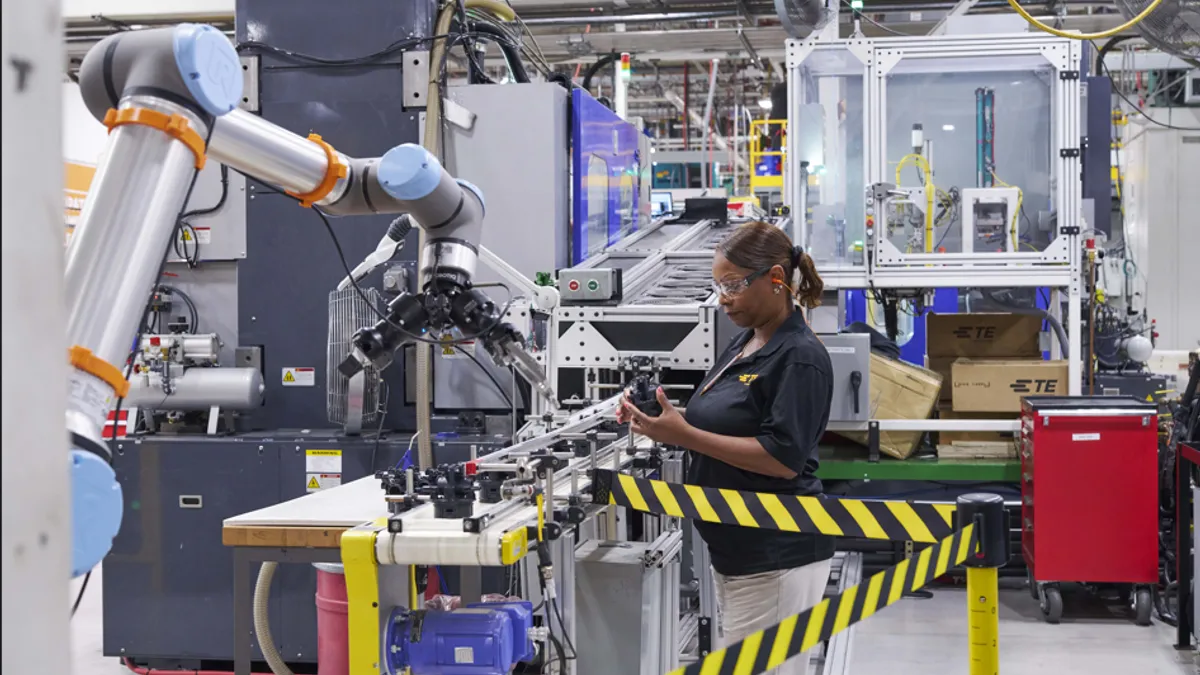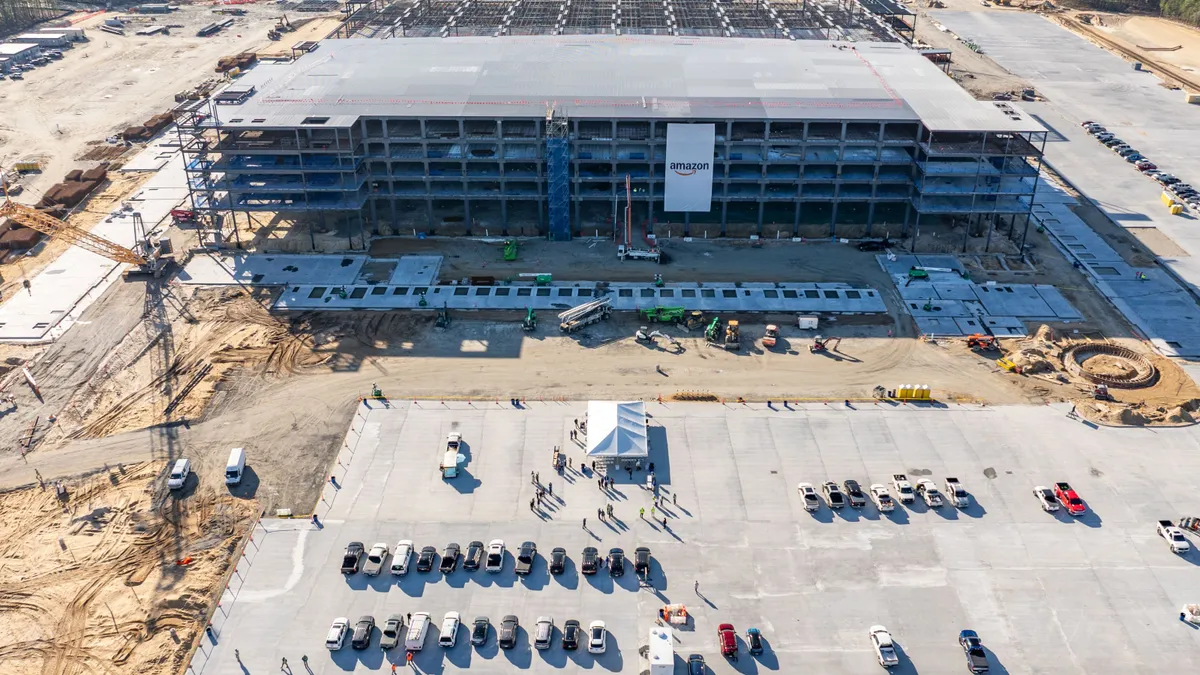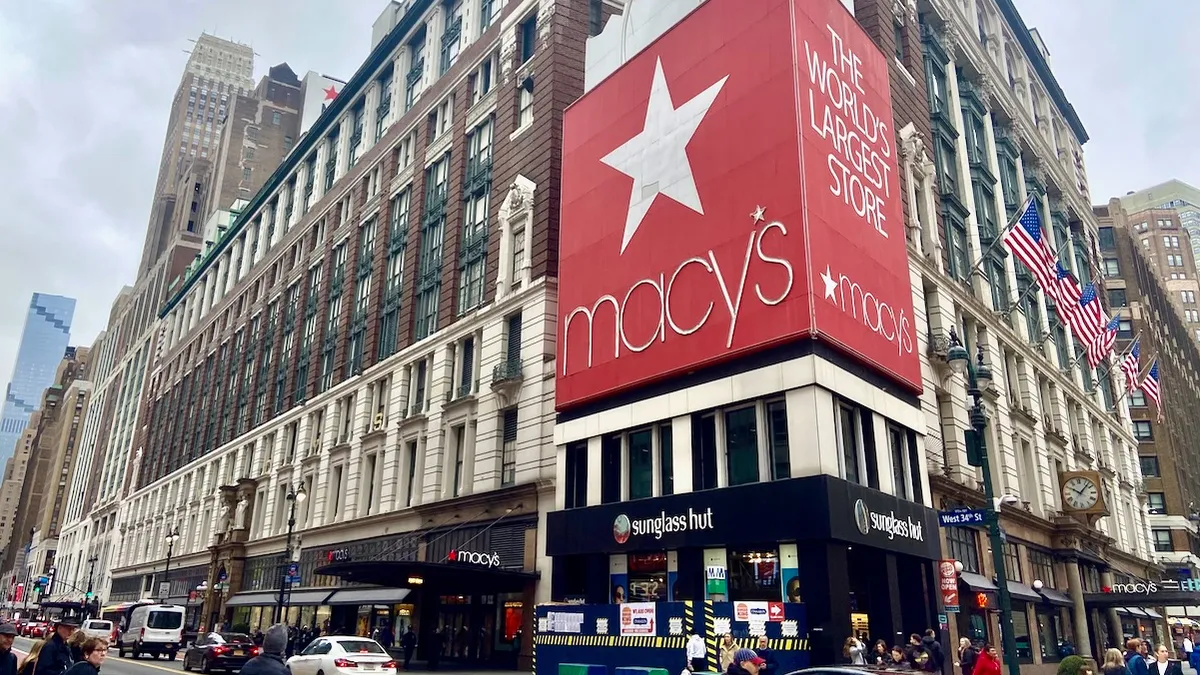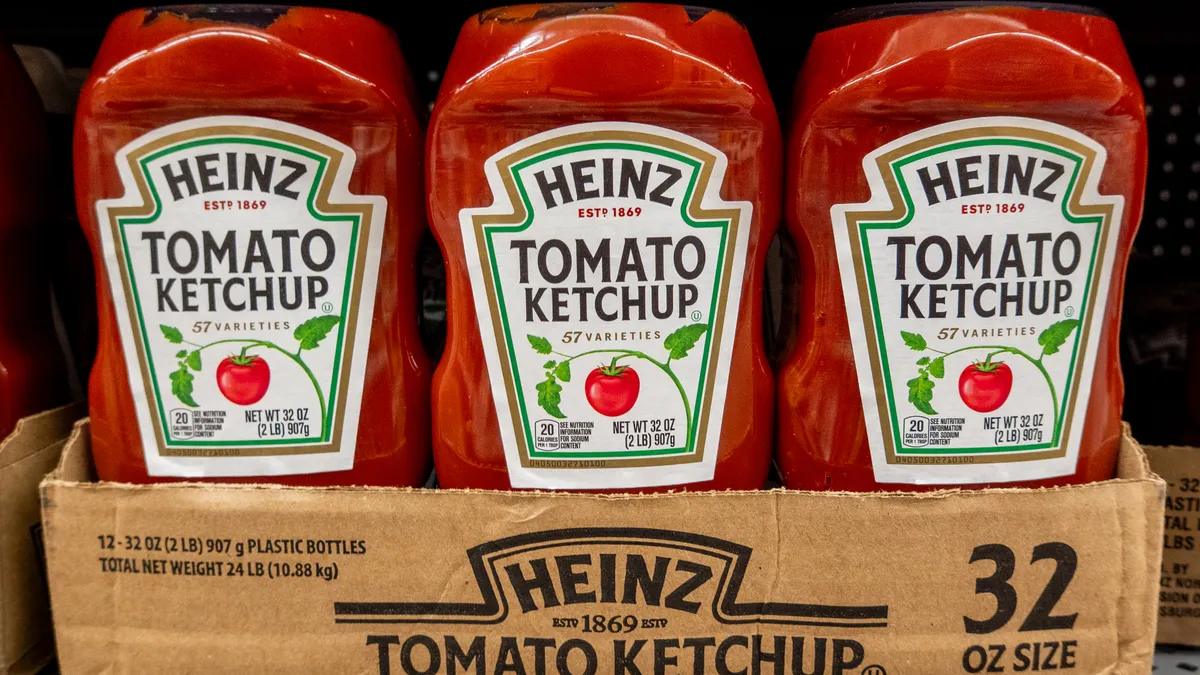Supply chains are constantly changing as new rules, technologies, resources and market trends transform operations. Here's a skim of the week's indexes, technology announcements, expansions and M&As from around the web.
In Case You Missed It:
- Voodoo Manufacturing wants to upend manufacturing with 3-D printing.
- A closer look at Convoy's investors could restore your faith in Uber-for-Freight.
- Supply chains may face a crisis if the talent shortage is not fixed by 2020.
Market Snapshot:
Each industry is unique. So much so, it is difficult to compare supply chain professionals across diverse fields. For this reason, even official rankings such as Gartner's Top 25 Supply Chains face scrutiny. By what metrics can an analyst assert that one supply chain is better than another?
Supply Chain Insights has been shedding light on this issue for some time with a series of reports entitled, "Supply Chain Metrics That Matter." The reports segment companies by industries, and then compare their operations metrics — like growth, operating margins, inventory turns and cash-to-cash cycles, among others — against each other.
In addition, each company is measured against industry and market standards to establish performance. Or, as Lora Cecere writes, a supply chain worth admiring drives "improvement faster than competitors while outperforming the industry." The research firm's latest report focuses on the chemical industry, finding no company was worthy of a "supply chain to admire" designation, as in general, companies were underperforming.
But why is this? Cecere attributes the chemical industry's slow growth to a failure to adapt to market trends because of the industry's inability to reinvent their processes. There's an economic dynamic at play; the industry is more focused on innovating the product-to-market cycle — perceived as the revenue driver — than improving the processes that drive this cycle.
"To reverse this trend, it is time to cast off traditional practices and redesign the supply chain, from the outside-in," according to the report. "This includes better sensing, and translating demand, while building value networks." More specifically, it takes a renewed focus on "value" metrics, not cost-improvement, to outperform markets.
The lessons do not just apply to the chemical industry, however. As the market changes to a consumer-driven economy, so too must supply chain practices. The chemical industry lagged, according to the report, because traditional supply chain teachings focus on cost-reductions like lean inventory, etc. Supply Chain Insights' reports challenge the idea that old practices are best practices amid economic shifts.
Technically Speaking
CB Insights, a data analytics platform, reported that 44 corporations are “investing heavily in autonomous R&D” and recording “record levels of deals and funding” with regard to autonomous vehicles. While big car makers including Tesla, Alphabet and Volvo steal the spotlight, smaller companies are just as involved, indicating that the autonomous vehicle craze is not just a fad but a growing trend threatening to revolutionize the auto industry. Just last week, The Wall Street Journal reported that ridesharing service Lyft announced plans to launch an autonomous-car development division.
Meanwhile, Amazon and DHL are developing new tools to enhance visibility in their supply chains: according to Webwire, DHL will start using MacroPoint, a platform that allows customers to track their shipments in real-time, and Global Trade Magazine reported that Amazon will partner with Airspace Technologies to enable customers to track their Amazon packages in real-time using Alexa. Real-time visibility is another growing trend within supply chains, with the end goal being better customer service and accountability.
In other news, Swiss researchers successfully 3-D printed a silicone heart that almost perfectly imitates a human heart, according to Futurism. These 3-D printed hearts are intended to replace deficient hearts in human bodies, proving that 3-D printing technology is not just for the manufacturing industry, but may turn the medical field upside down. If doctors can manufacture new organs for ailing patients instead of relying on organ donors, then healthcare supply chains should expect major disruptions.
Breaking Ground
Aldi is expanding westward by opening up a distribution center in Arizona by the end of the year, the Arizona Republic reported Tuesday. The move comes after Aldi debuted in Florida and announced additional expansions in the state. For Aldi, expanding its market might be the best way to keep up with growing grocer-threat Amazon, whose Whole Foods deal will shake up the brick-and-mortar grocery business.
Mattel also announced the opening of a new one million square foot distribution center in Jonestown, PA, making this distribution center the third nationwide, according to PR Newswire.
In Chicago, Will County proposed two new industrial parks and then announced plans to conduct a freight study, according to the Chicago Tribune. The county expects the $1 million study to provide detailed analysis on outgoing-incoming freight, traffic management and infrastructure. The Chicago area continues to struggle with bottlenecked highways, so a freight study may help one Chicago county brainstorm solutions to the trucking freight problem.
Mergers & Analysis
The logistics industry saw a string of deals last week, as established companies seek to improve their portfolios via acquisition.
Recognizing the need for supply chain visibility, Michelin announced it would purchase NexTraq, a commercial fleet telematics firm, from Fleetcor Technologies. The purchase follows the tire company's strategy to expand its services to fleet management. A few months back, Michelin also announced it would be placing RFID tags on all its tires that would help gather and store data for further analysis.
J.B. Hunt has not been shy either about its greater ambitions. The 3PL, which this year alone has launched a freight marketplace and sponsored a university supply chain management program, last week purchased Special Logistics Dedicated for $136 million. J.B. Hunt says the acquisition will help it improve its e-commerce services, but JOC.com clarifies the assets suggest a focus on the "middle-mile" of the supply chain, rather than the first- or last-miles.
Speaking of acquisition streaks, Kuehne+Nagel again made headlines with its purchase of Los Angeles-based Commodity Forwarders Inc. (CFI) and Nairobi, Kenya-based DC Velocity reports the two companies specialize in the cold chain, continuing K+N's string of purchases in that space. In addition to these two purchases, K+N has acquired assets in Turkey, Italy, greater shares in Hapag-Lloyd, and is likely still looking for more as the company boosts its global presence.
In other news, The Loadstar reports the recent global cyberattack on FedEx's TNT Express subsidiary could delay the company's integration plans; the U.S. may toughen its stance on Chinese acquisitions of U.S. firms; Motion Industries will acquire Numatic Engineering; and Liberty House will purchase aluminum supplier Amtek.





















